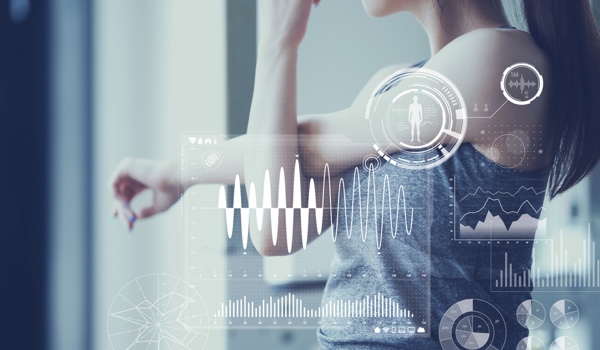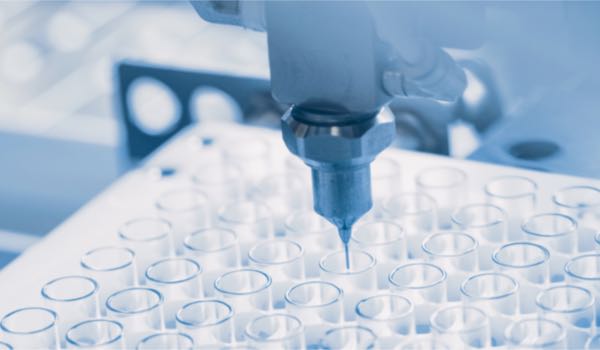

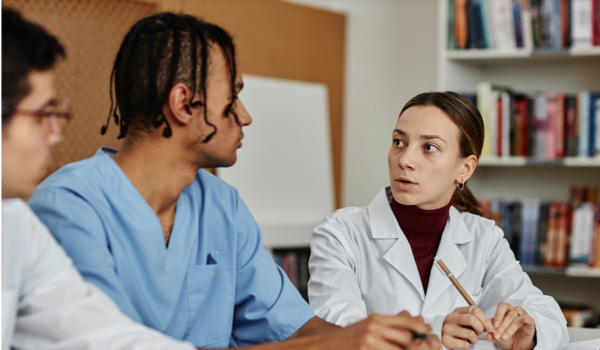
LOS ANGELES - The integration of artificial intelligence (AI) into the field of medicine has ushered in a new era of innovation and improved patient care. Among all the various AI applications out there, ChatGPT - a language model developed by the company OpenAI - has emerged as a transformative tool in the healthcare industry. On the surface, it might appear that ChatGPT is revolutionizing medicine - from assisting with medical diagnoses and patient education to streamlining administrative tasks, all while maintaining a patient-centric approach - but is the use of ChatGPT by medical and healthcare business professionals crossing a line? Also, how many of these issues can be resolved through future technological upgrades, and how many are likely to remain problematic?
ChatGPT is undoubtedly already impacting medicine by aiding healthcare professionals in making more accurate and timely diagnoses. The model can analyze and interpret patient symptoms, medical records, and research articles, providing doctors with valuable insights and recommendations.
A study published in the Journal of the American Medical Association Network Open in 2021 showcased the potential of AI language models like ChatGPT in diagnosing diseases. ChatGPT achieved high accuracy in certain situations, as when diagnosing common medical conditions - such as diabetes and hypertension - when provided with patient information, the study found. This tool can be beneficial when patients lack access to medical care, but becomes an issue if they use ChatGPT to self-diagnose and treat conditions. The false reassurance that ChatGPT provides to patients, saying their health concerns are being adequately addressed, is especially concerning. First, ChatGPT - at least in its current form - is highly error prone and often misinterprets questions or inputs. Starting or stopping treatment or medication based on a ChatGPT recommendation without input from a human professional
The content herein is subject to copyright by The Yuan. All rights reserved. The content of the services is owned or licensed to The Yuan. Such content from The Yuan may be shared and reprinted but must clearly identify The Yuan as its original source. Content from a third-party copyright holder identified in the copyright notice contained in such third party’s content appearing in The Yuan must likewise be clearly labeled as such. Continue with Linkedin
Continue with Linkedin
 Continue with Google
Continue with Google
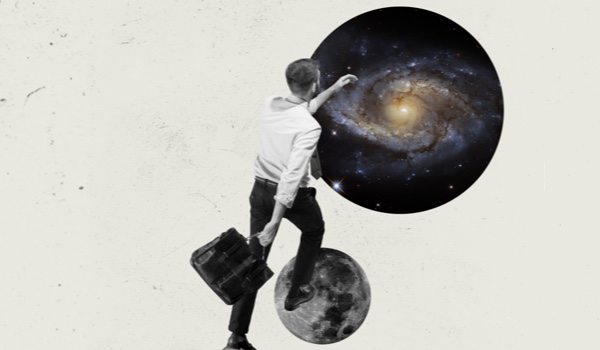
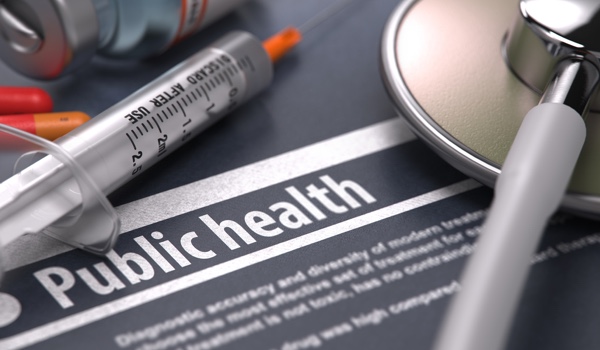
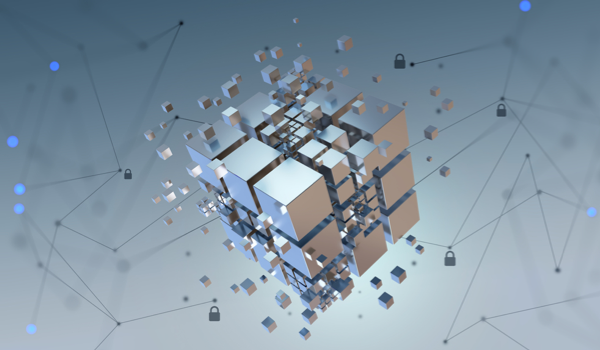







 1106 views
1106 views





